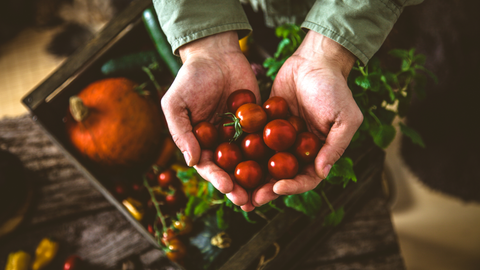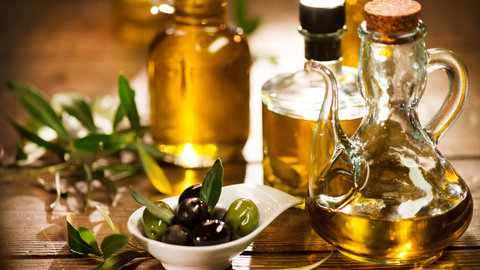As consumers become increasingly conscious of their food choices, the debate between organic and non-organic products continues to gain prominence. In this article, we'll explore the distinctions between these two categories and shed light on which products may warrant a preference for organic consumption.
Understanding the Organic Advantage
Certified Organic Standards: Organic products adhere to strict standards set by certification bodies, ensuring they are grown without synthetic pesticides, herbicides, and genetically modified organisms (GMOs). Organic farming practices prioritize sustainability, soil health, and animal welfare, offering a more environmentally friendly alternative.
Nutrient Density: Studies suggest that organic produce may have higher nutrient levels compared to their non-organic counterparts. The absence of synthetic chemicals in organic farming may contribute to increased antioxidant content and overall nutritional value.
Navigating the Organic Priority List
High-Priority Organic Products: Certain products are more prone to pesticide residues, making them top candidates for organic consumption. These include fruits like strawberries and apples, vegetables such as spinach and kale, and grains like wheat. The thin skin or porous nature of these items increases the likelihood of pesticide absorption.
Low-Priority Organic Products: On the other hand, some products have protective outer layers that reduce pesticide exposure. Examples include avocados, pineapples, and onions. While choosing organic for these items is still a commendable choice, the potential health impact may be lower compared to more permeable produce.
Optimizing Your Organic Choices
Environmental Impact: Beyond personal health considerations, opting for organic products can contribute to a healthier planet. Organic farming methods promote biodiversity, protect water quality, and reduce soil erosion, fostering a more sustainable and ecologically balanced agriculture.
Budgetary Considerations: While organic products may be slightly more expensive, prioritizing your purchases based on the Environmental Working Group's "Dirty Dozen" list can help you allocate your budget effectively. Investing in organic options for high-priority items can provide a balance between health-conscious choices and financial considerations.
In the ongoing quest for healthier living and a sustainable future, understanding the nuances between organic and non-organic products is key. By prioritizing organic choices for high-risk items and considering the broader environmental impact, consumers can make informed decisions that align with their values and contribute to a more sustainable food system. Whether it's for personal well-being or the well-being of the planet, each choice towards organic consumption plays a role in shaping a healthier and more environmentally conscious future.
Make your choices in our organic section!



